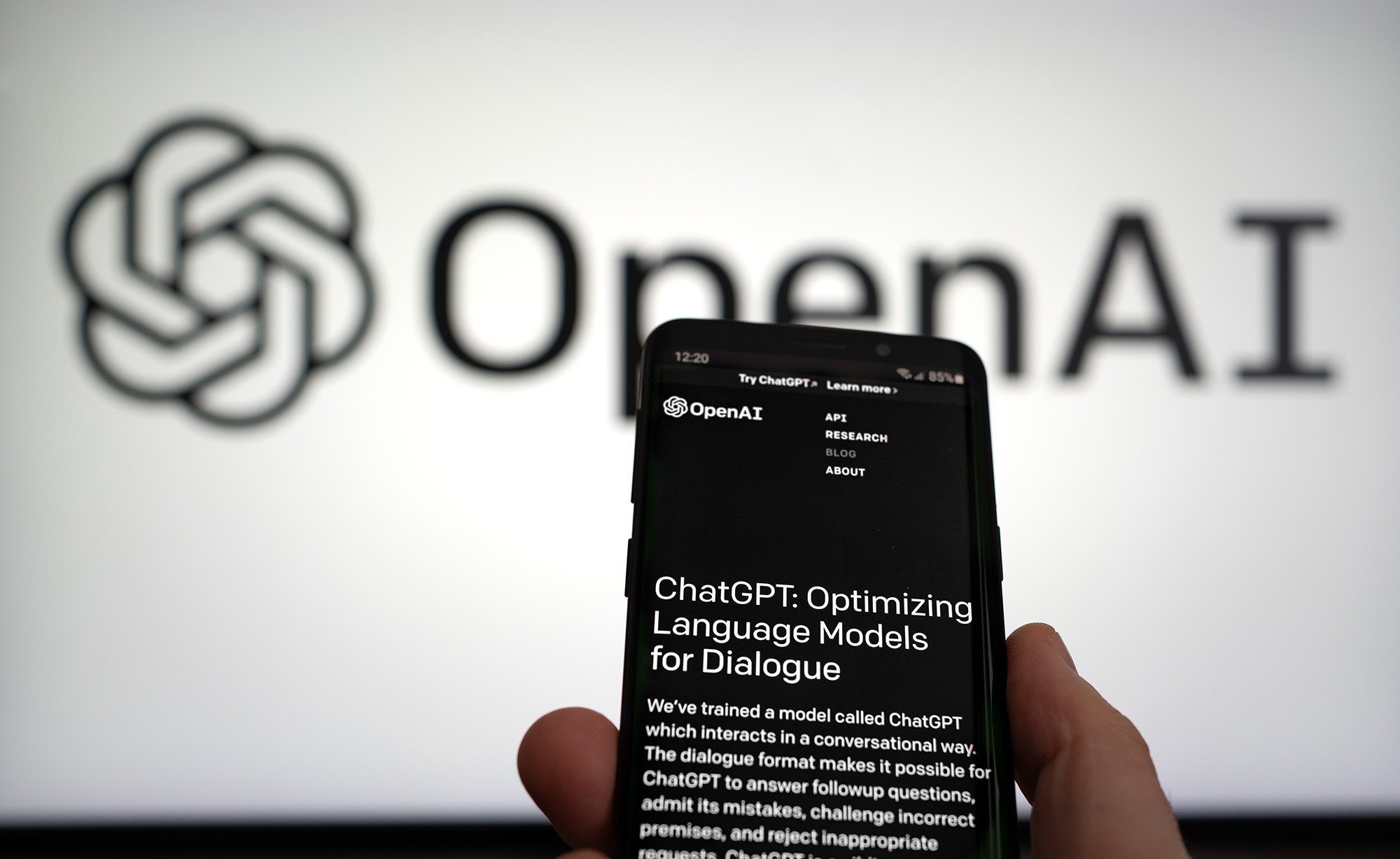AI is changing the way we work. The opportunities it offers businesses - efficiency, streamlining of processes, and rapid access to relevant information - are well known, and increasingly well utilised.
However, many business leaders are starting to recognise that over-reliance on AI could create emotional intelligence (EQ) skills gaps in their organisation.
However, many business leaders are starting to recognise that over-reliance on AI could create emotional intelligence (EQ) skills gaps in their organisation.
EQ skills gaps
Emotional intelligence encompasses self-awareness, self-regulation, empathy, and social skills.
As businesses increasingly deploy AI to undertake process-led roles that do not typically require such skills, these qualities gradually become less present and less valued in the organisation. And this can have unintended consequences.
Humans are social animals and are hardwired for connection. The more positive relationships and collaborative connections there are in a culture, the healthier it is – and corporate culture is no exception.
An organisation’s ability to maintain strong connections with clients can support business development activity. Healthy relationships between colleagues leads to greater job satisfaction and stronger talent retention rates. People are more motivated when they feel valued, and when they trust their leaders. This can only happen when human relationships are prioritised and invested in – and this means investing in EQ skills.
As businesses increasingly deploy AI to undertake process-led roles that do not typically require such skills, these qualities gradually become less present and less valued in the organisation. And this can have unintended consequences.
Humans are social animals and are hardwired for connection. The more positive relationships and collaborative connections there are in a culture, the healthier it is – and corporate culture is no exception.
An organisation’s ability to maintain strong connections with clients can support business development activity. Healthy relationships between colleagues leads to greater job satisfaction and stronger talent retention rates. People are more motivated when they feel valued, and when they trust their leaders. This can only happen when human relationships are prioritised and invested in – and this means investing in EQ skills.
Identifying skills gaps to fuel curiosity and enable growth
While an over-reliance on AI could lead to EQ skills gaps within organisations, it could also inadvertently limit how successfully businesses identify that this is happening.
This is because the very process of identifying the learning and development needs of an individual or organisation itself requires sophisticated EQ skills and experience.
Understanding how important this process is, OnTrack International developed the Behavioural Intelligence framework. This framework allows business leaders to analyse employees’ behaviour and skill sets, particularly communication, to inform their training and development. It helps analyse how people communicate verbally in the workplace – to identify what they do well and how they can improve.
This is because the very process of identifying the learning and development needs of an individual or organisation itself requires sophisticated EQ skills and experience.
Understanding how important this process is, OnTrack International developed the Behavioural Intelligence framework. This framework allows business leaders to analyse employees’ behaviour and skill sets, particularly communication, to inform their training and development. It helps analyse how people communicate verbally in the workplace – to identify what they do well and how they can improve.

Through detailed observations of individuals in typical work situations such as board meetings, team meetings or group discussions, organisations can use VBI to analyse and decode what people need to work on to be more engaging and more engaged; to fuel curiosity and enable growth.
This process leans heavily on EQ-focused skills such as critical thinking, active listening and empathy. It requires attunement to body language cues, tone of voice and even gut instinct.
If neglected, or not done well, there is a risk that businesses will fail to identify important skills gaps before it is too late.
This process leans heavily on EQ-focused skills such as critical thinking, active listening and empathy. It requires attunement to body language cues, tone of voice and even gut instinct.
If neglected, or not done well, there is a risk that businesses will fail to identify important skills gaps before it is too late.
If neglected, or not done well, there is a risk that businesses will fail to identify important skills gaps before it is too late.
Return on Investment
Measuring the value of EQ with an organisation is often more difficult than measuring value gained though AI efficiencies, however it is undeniable that proactive investment in people through L&D activity can have a powerful impact. A global investment company client of OnTrack International reported a 35-40% increase in EQ skills following an L&D programme developed specifically for them.
As American civil rights activist, Maya Angelou famously said, “People will forget what you said, people will forget what you did, but people will never forget how you made them feel.”
The significance of this to a business may not easily be measured, but it should not be underestimated.
As American civil rights activist, Maya Angelou famously said, “People will forget what you said, people will forget what you did, but people will never forget how you made them feel.”
The significance of this to a business may not easily be measured, but it should not be underestimated.









